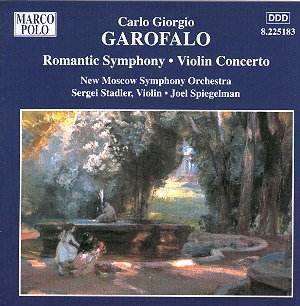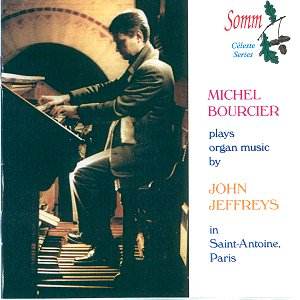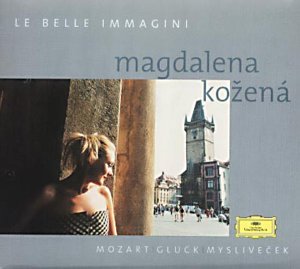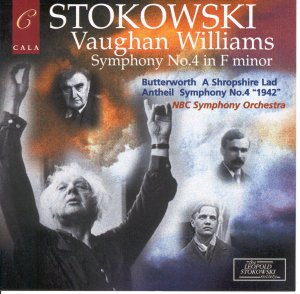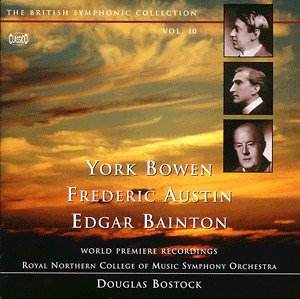 Composer: Edgar Bainton
Composer: Edgar Bainton
Works: Genesis (from Before Sunrise), Second Symphony, Symphonic Rhapsody Spring
Performers: Royal Northern College Symphony Orchestra, Douglas Bostock
Recording: RNCM Concert Hall, Manchester, December 2001
Label: ClassicO CLASSCD 404
The resurgence of interest in early 20th-century British composers has brought a refreshing array of forgotten works back to the concert stage and recording studio. Edgar Bainton, who traversed the worlds of both British and Australian music, stands at the forefront of this revival. His works, particularly “Genesis” from the choral symphony Before Sunrise, are emblematic of a rich, yet often overlooked, tapestry in British music history. Bainton’s career, which was disrupted by geopolitical strife during World War I and later relocated to Australia, adds a layer of complexity to his contributions, making this recording a significant cultural artifact.
The performance by the Royal Northern College Symphony Orchestra under Douglas Bostock captures the expansive emotional range of Bainton’s music. The Second Symphony, composed between 1909 and 1911, unfolds with a darkly dramatic fanfare that invites immediate comparison to the lush orchestral palette of Tchaikovsky. The opening movement features an energetic first subject characterized by rich harmonic language that suggests a Russian influence, while the second movement’s Lento reveals a Debussian intimacy, with the strings weaving lyrical lines that evoke the natural world. Bostock’s nuanced conducting allows the orchestra to explore the work’s contrasts; the emotional dialogue between strings and winds is particularly effective, balancing moments of intense drama with serene beauty.
The recording quality is commendable, allowing for a clear delineation of orchestral textures. The engineers have captured the orchestral color with precision, evident in the shimmering interplay of the two harps and the vibrant brass fanfares. The climactic moments, such as the thunderous conclusion of “Genesis,” resonate powerfully, showcasing not only the orchestra’s technical prowess but also the careful attention paid to dynamic contrasts. The timpanist’s emphatic strikes, combined with cymbals and the haunting echo of horns, create a soundscape that is both evocative and immersive.
Bainton’s contemporaries, such as York Bowen and Frederic Austin, also receive their due recognition in this collection. Austin’s Symphonic Rhapsody Spring, with its pastoral oboe calls and vibrant dance themes, offers a refreshing counterpoint to the darker tones of Bainton. The RNCM’s performance of Austin’s work reveals a commendable understanding of its buoyant spirit; the orchestra navigates the shifts in tempo and texture with agility, bringing forth the work’s inherent joy. The recording allows listeners to appreciate Austin’s intricate orchestration, which anticipates the lushness of Strauss while retaining an unmistakably British character.
This release stands as a beacon of the Royal Northern College’s commitment to exploring the lesser-known corners of the British orchestral repertoire. Bostock and his ensemble not only breathe life into these forgotten works but also challenge the prevailing narratives that have often marginalized them. The revival of Bainton, Bowen, and Austin’s music is not merely a restoration of lost notes, but an invitation to re-evaluate the rich contributions of British composers from the early 20th century.
The overall impact of this recording is profound. It serves as both an introduction and a reawakening of interest in a sector of the British symphonic literature that deserves its place alongside better-known contemporaries. The performances are both technically assured and emotionally engaging, presenting a compelling case for Bainton and his peers as integral figures in the landscape of British classical music. The RNCM’s efforts, coupled with the strong interpretative insights of Bostock, position this disc as a vital addition to any collection concerned with the breadth and depth of British orchestral music.
